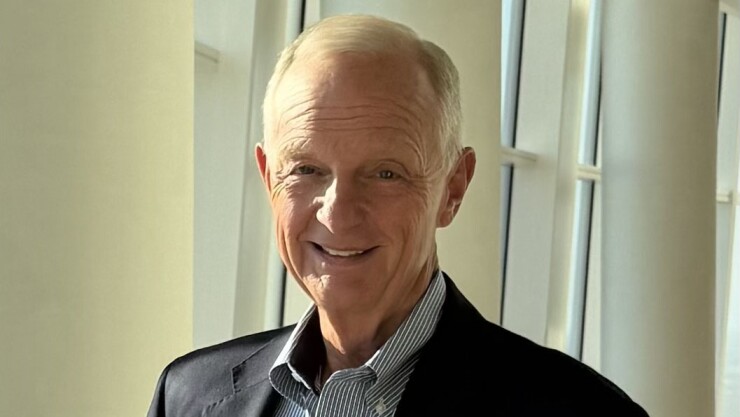
A rise in the number of collateralized bond obligation deals in the municipal bond market carries the potential to attract new buyers to the infamously illiquid high-yield corner of the muni market, advocates say.
A well-known tool in the taxable corporate market, CBOs remain rare in the municipal market but are growing. Moody's Investors Service highlighted the securitizations in a
The market is attracting interest from buyers traditionally limited to investment-grade credits, said Jim Thompson, chairman and CEO of Preston Hollow Community Capital, the largest issuer of muni CBOs to date.
The firm had already been privately placing the securitizations with buyers, but in 2023 floated its
"We see this as expanding pretty quickly," he said.
Large mutual funds like Vanguard have been steady buyers of the products, Thompson said.
"We know the buyer side is developing pretty quickly because we see the trading," he said. "We hope other issuers come to market so that the market has the opportunity to continue to expand with a more diverse set of issuers."
CBOs pool speculative-grade bond muni bonds and carve them up into senior and subordinate tranches. The senior tranches carry investment-grade ratings, with debt service paid by the pool of issuers, making them more attractive to traditional investment-grade institutional buyers. The issuers, which are firms that already hold the junk-rated bonds, typically retain ownership of the subordinate tranches that carry the most risk.
The publicly rated investment grade deals are attracting more "mainstream buyers" and "unlocking a new source of liquidity that flows to the underlying high-yield municipal bonds," Moody's said in its report.
More investors tapping the high-yield muni market benefits smaller issuers traditionally limited to a smaller and more costly pool of capital, said Moody's analyst Dan Seymour.
"We see a lot of issuers that sell illiquid debt and don't have great market access," Seymour said. "What these securitizations do, to a limited extent and maybe more, is open up access for this sector to larger pools of capital."
Charter schools, student housing credits, tax increment financing districts and special assessment districts are all issuers that stand to benefit from a growing CBO market, Moody's said.
Wisconsin's Public Finance Authority has acted as the conduit issuer for all CBO deals in recent years. In addition to PHCC's deals, Moody's in 2023 rated a $503.4 million charter school CBO from Rosemawr Management LLC and most recently a $200 million CBO sponsored by Cuyahoga River Capital Portfolio.
The CBOs trade more frequently than the underlying credits, many of which never trade at all. Moody's noted that the 2023 CBO of pooled charter school deal from Rosemawr, most of the underlying bonds never traded after issuance.
"Meanwhile, the senior CBO tranche they were pooled into trades regularly, often many times a day. Since the beginning of 2024, more than 5,000 trades of the tranche have taken place, totaling $880 million of par," Moody's said. "The other three muni CBOs issued in 2023 and 2024 do not trade as actively as the charter school securitization, but they do trade more frequently than a typical municipal bond and especially more frequently than the types of unrated high-yield bonds that are placed into these securitizations," the agency added.
For PHCC, the wider buyer base will allow the firm to offer cheaper financing to its borrowers, Thompson said.
"Some folks need a double-A or single-A rating in order to meet the criteria for their investors and without this tool the credits that emerge in the high-yield space would be otherwise inaccessible," he said. "It helps us, particularly as the market develops, deliver a lower cost of funds to our borrowers."





